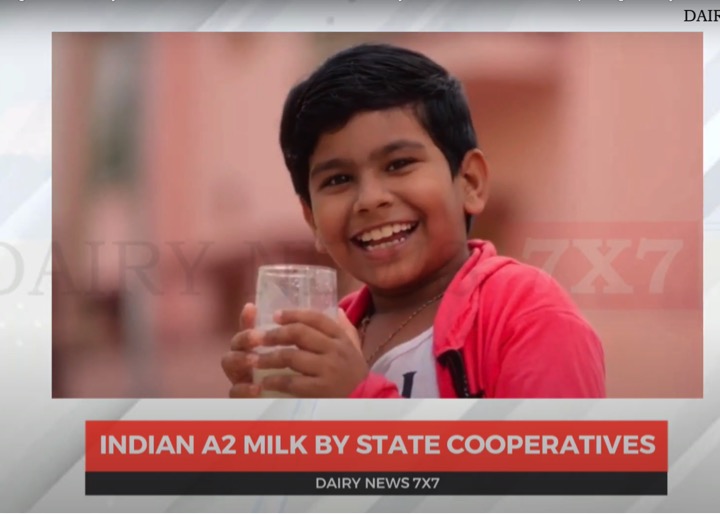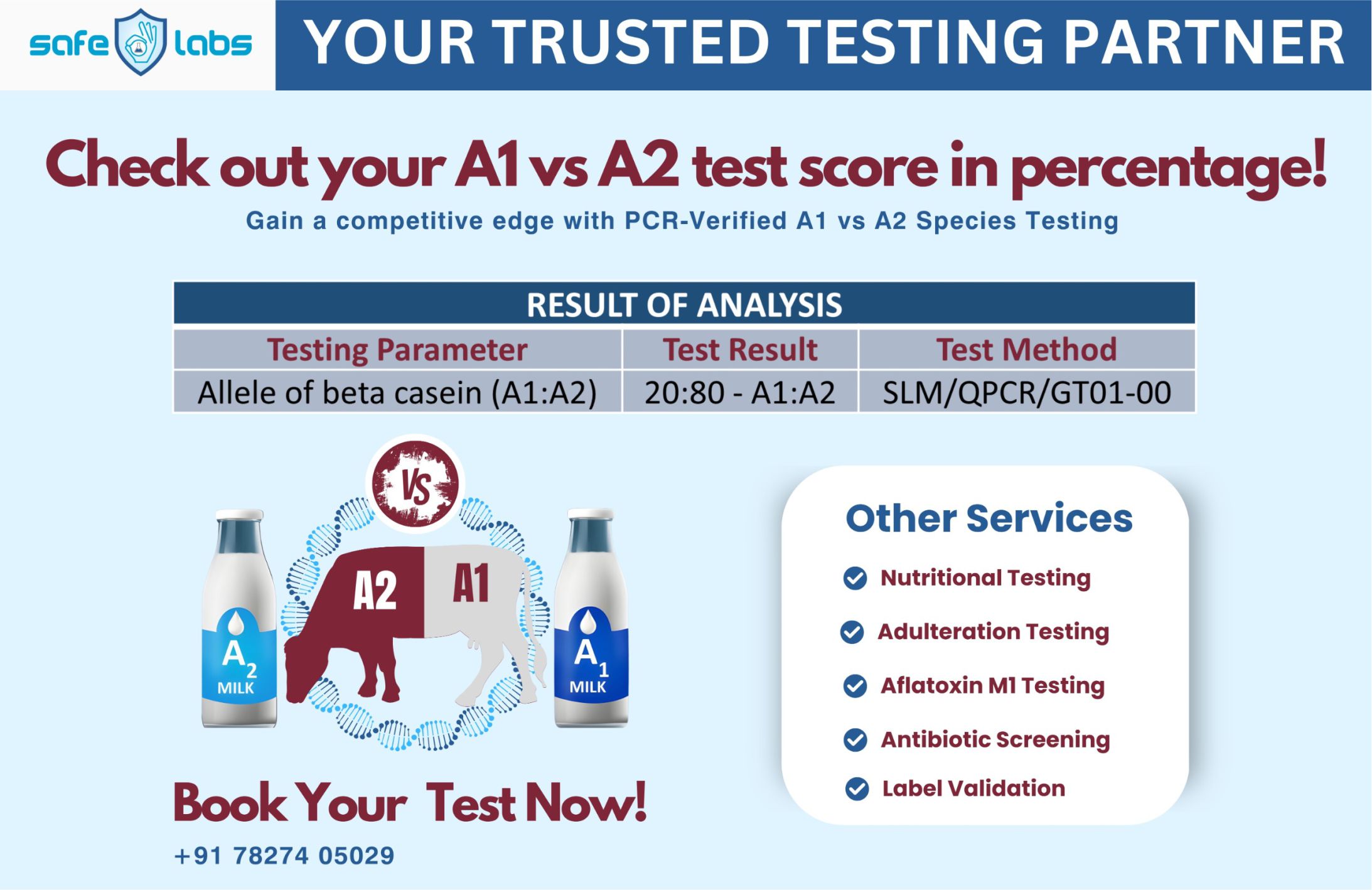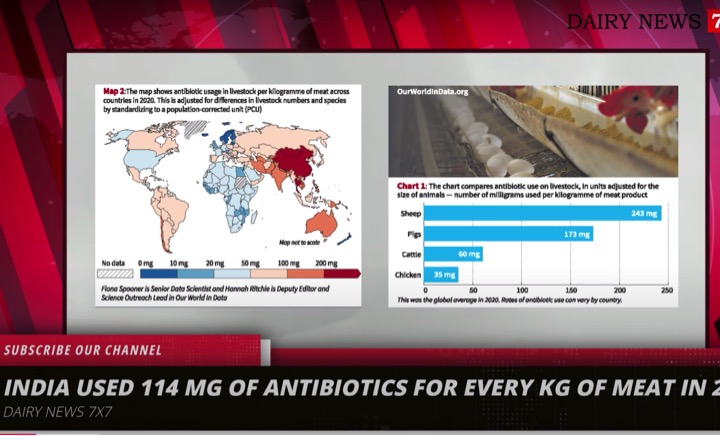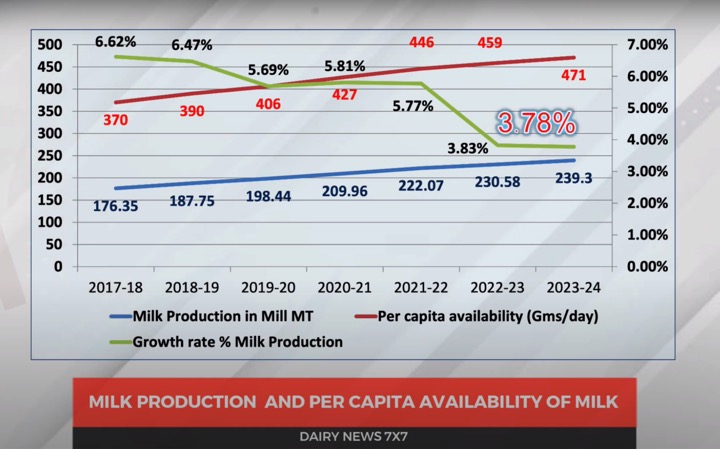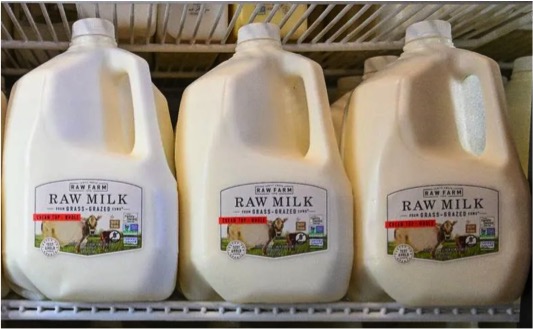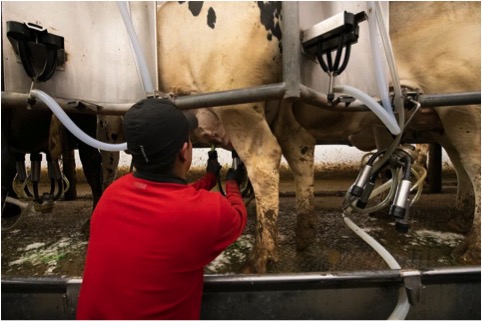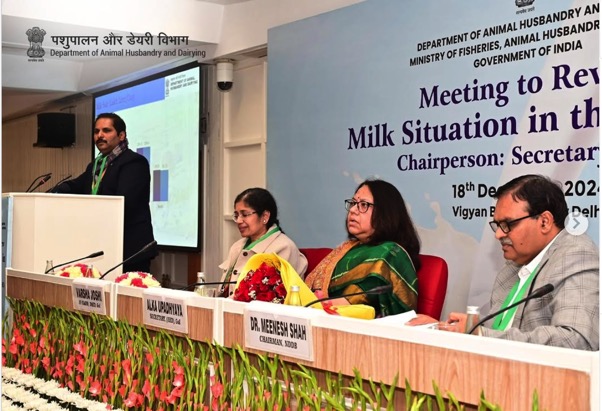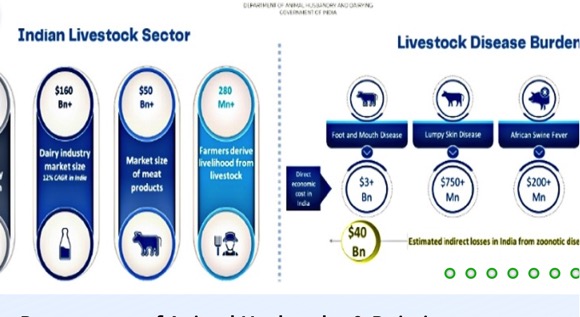In a significant move that has been met with widespread relief from dairy farmers, industry stakeholders, and consumers alike, the Food Safety and Standards Authority of India (FSSAI) has withdrawn its controversial notification banning the use of the terms “A1” and “A2” on milk and milk products.
The initial notification, issued on August 21st 2024, had sparked considerable debate within the dairy industry and among consumers. The FSSAI had argued that the use of these labels was misleading and could confuse consumers, as there was no conclusive scientific evidence proving the superiority of A2 milk over A1 milk. The decision to ban these labels was seen as a measure to prevent potential misinformation in the marketplace.
However, the move was met with strong opposition from various quarters. Dairy farmers, particularly those rearing indigenous breeds of cattle, argued that the ban would severely impact their ability to market their products both domestically and internationally. A2 milk, derived from desi cows, buffaloes, and other livestock such as camels, goats, and sheep, has been gaining popularity for its perceived health benefits, particularly among consumers with dairy sensitivities.
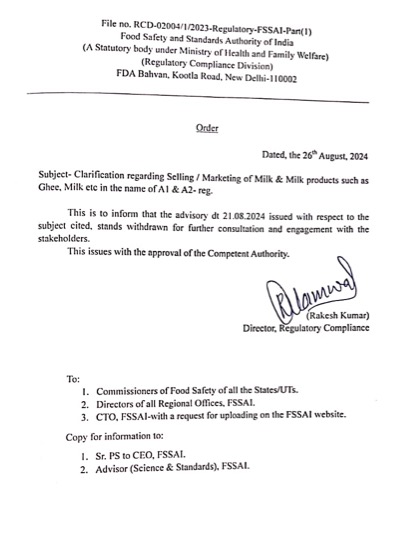
Industry experts and farmer organizations argued that the ban would undermine the efforts of millions of Indian dairy farmers who have invested in A2 milk production to tap into the growing global demand. They also pointed out that countries around the world are working hard to convert their A1 herds into A2, recognizing the market potential of A2 milk.
In response to the growing pressure and after a series of consultations with stakeholders, the FSSAI has now decided to retract the ban. The authority acknowledged the need for clear and transparent labeling that empowers consumers to make informed choices, without stifling the potential for market growth.
“This decision marks a victory for our 80 million dairy farmers, who can now continue to capitalize on the rising demand for A2 milk both in India and abroad,” said a spokesperson for a leading dairy cooperative. “The ability to label milk products as A1 or A2 allows us to cater to niche markets and fetch premium prices, which is crucial for sustaining the livelihoods of our farmers.”
The withdrawal of the ban has been welcomed by consumer groups as well, who have long advocated for the right to choose products based on their specific health needs. The move is expected to bolster the domestic dairy industry, which is the largest in the world, by allowing it to compete more effectively in international markets.


